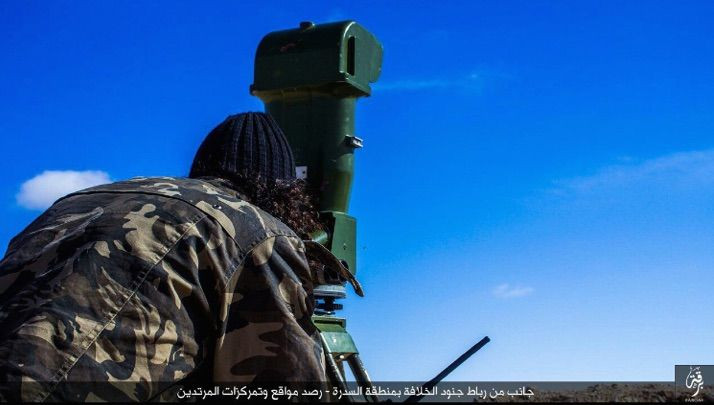US ‘Concerned’ About Libyan-Americans On Trial In UAE

The U.S. State Department said Friday it was "concerned" about the case of two Libyan-American businessmen charged by the United Arab Emirates with supporting Libyan militants. It is charged that they were tortured into signing a confession.
State Department spokesman Mark Toner said the case of Kamal Eldarat and his son, Mohamed Eldarat, had been raised with UAE officials by the U.S. ambassador. A verdict in the case was expected on Monday. Toner said U.S. officials would be present.
The Eldarats were initially charged with terrorism-related offenses, but the prosecutor in March changed the counts to providing support to Libyan militants and collecting donations without state permission. They face up to 15 years in prison.
Amal Eldarat, the daughter and sister of the defendants, said State Department officials had told her the case had been raised with the rulers of the UAE "at the highest level in the State Department and the White House."
President Barack Obama brought the case up with Abu Dhabi Crown Prince Mohammed bin Zayed when they met on the sidelines of the Gulf Cooperation Council summit April 20 in Riyadh, Saudi Arabia, said a person familiar with the case who asked not to be further identified. The White House declined to comment on Friday.
The U.N. special rapporteur on torture, Juan Mendez, said in February his office had credible information that the detainees were tortured and forced to sign confessions, and had been "held incommunicado in secret detention locations" for prolonged periods of time.
The UAE denies using torture. Its embassy in Washington could not be reached for comment on Friday.
"We remain concerned about several aspects of this case," Toner told reporters. "This includes allegations of mistreatment, their ongoing health issues, as well as prior lack of access to legal representation, (and) the absence of formal charges until their first hearing."
Canada expressed similar concerns on Friday, saying it was "seized of the seriousness" of the case against Salim Alaradi, a Libyan-Canadian rounded up in August 2014 at the same time as the Eldarats. He is facing similar charges.
"Canada takes every opportunity to raise Mr. Alaradi's case with the United Arab Emirates authorities, particularly our concerns regarding Mr. Salim Alaradi's health, well-being and consular access," said Chantal Gagnon, a spokeswoman for the Canadian Foreign Ministry.
Toner said U.S. diplomats had not had consular access to the Eldarats at the start of their detention nearly two years ago.
Eldarat said her father had sought political asylum in the United States during the dictatorship of Muammar Gadhafi. When Gadhafi was toppled, the family tried to help their ancestral city of Misrata, which was involved in the fighting, she said.
The UAE and Egypt carried out airstrikes against Islamist forces in Libya, including some around Misrata, in August 2014 amid rising concerns over the influence Islamist militias were having in the Middle East.
Around the same time, Eldarat said, the Emirates security forces rounded up 10 men of Libyan ancestry, including her brother and father.
The defendants' defense team has presented several affidavits attesting to the character of the Eldarats and Alaradi, including one from Libya's attorney general office dated March 30, 2016.
The affidavit, seen by Reuters, said the men were "not wanted by the office of the attorney general for any hostile action that would constitute a crime against the Libyan state or the UAE state."
© Copyright Thomson Reuters 2024. All rights reserved.





















